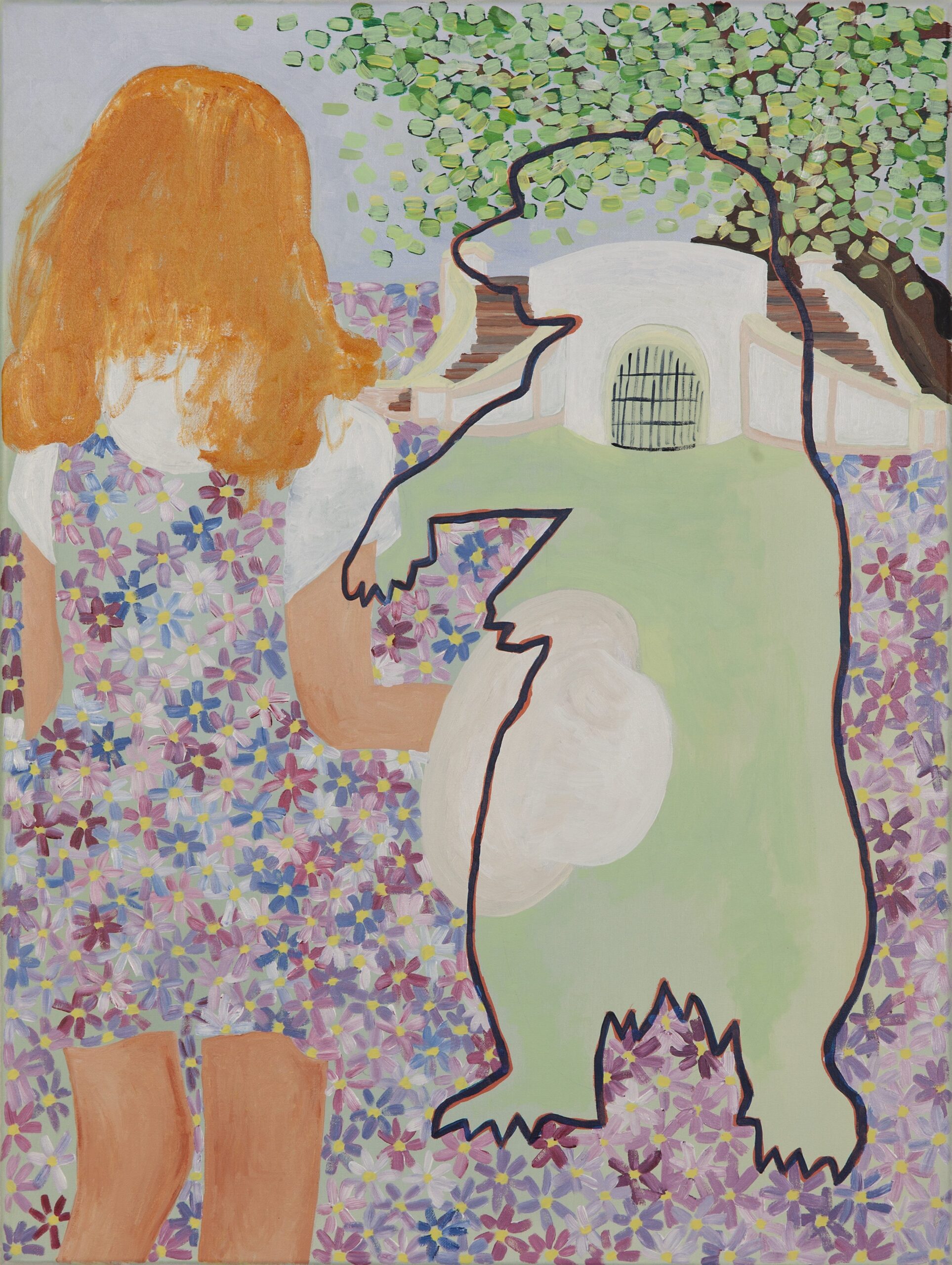Animals and Race — Edited collection, by Jonathan W. Thurston
When Iago informs Brabantio that “a black ram is tupping your white ewe” (I.i.87-88) in Shakespeare’s Othello, he is doing more than identifying the two protagonists’ races. He is referring to the early modern agricultural fact that black wool was undesirable, as per Leonard Mascall, and that black rams would threaten the livelihood of shepherds by decreasing the profitability of a flock of sheep. In this way, the black ram becomes a metaphor not just for interracial taboo but for generational corruption and loss of social capital due to racist structures of power. The study of nonhuman animals and the study of human race are often quite distinct for scholars across disciplines. However, perhaps there is more overlap than one would think. In what ways has race formation been tied to animals? Why do animals often become implicated in racial slurs? What does it mean for there to be a black panther representing a black political group or even standing in as the token black superhero? What does it mean to have a mostly black cast of voice actors in the original The Lion King, except its star role? This collection will look closely at the ways that critical animal studies and critical race studies intersect, tracking the blurring of concepts like race and breed. It will ask how race has always been tied into questions of the animal–human divide. How has knowledge of animals informed our knowledge of race, and vice versa? How have codes of animal behavior affected our racial discourse and our race thinking? And how have these two seemingly disparate approaches danced with each other in academia? These are only a few of the questions this book will attempt to tackle. I invite chapters that approach animals and race from a wide array of cultures, periods, and disciplines. Topics that are not anglocentric and are before the twentieth century are welcome. Send abstracts of around 250 words and a brief academic biography to Jonathan W. Thurston (thurst39@msu.edu) by July 1. The chapters themselves (5,000-8,000 words) will be due in January 2020. Book proposal will be sent first to Routledge’s Human-Animal series.

